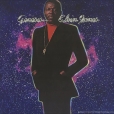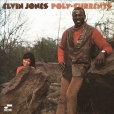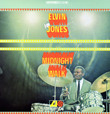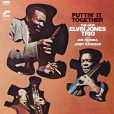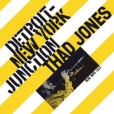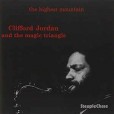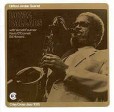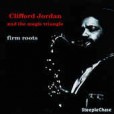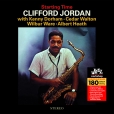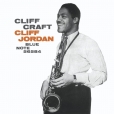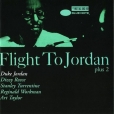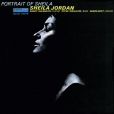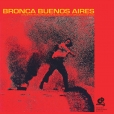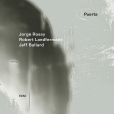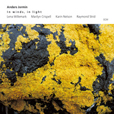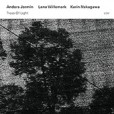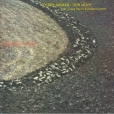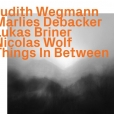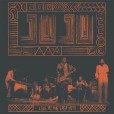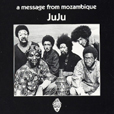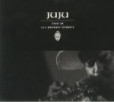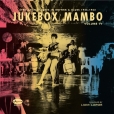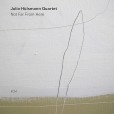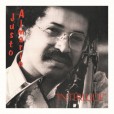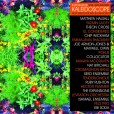Your basket is empty

A brawny, no-piano, three-horn quintet — Dave Liebman, Joe Farrell, Frank Foster — including bassist Gene Perla. Questing, widescreen post-bop from 1971.
With George Coleman, Joe Farrell, Pepper Adams, Wilbur Little, and Candido.
With Dollar Brand and Hank Mobley, intriguingly. Bro Thad throws in a couple of burners (and plays a blinder on trumpet); DB debuts Tintiyana.
‘Classic vinyl series.’
‘Classic Vinyl.’
Plunky and co for Strata East.
His first LP, recorded for Uno Melodic in 1981, produced by Roy Ayers.
En route the saxophonist had recorded with Mongo Santamaria, Jon Lucien and Dom Salvador. That’s him on James Mason’s Sweet Power Your Embrace; and he played on various Ayers LPs, including Vibrations and Lifeline.
Treasured for its gorgeous, mellow opener.
A survey of the burgeoning new UK jazz scene.
‘Shows that while there is commonality in these artists’ approach to music, there is a wide variety of styles – from deep spiritual jazz, electronic experimentalisation, punk-edged funk, uplifting modal righteousness, deep soulful vocals and much more.’
